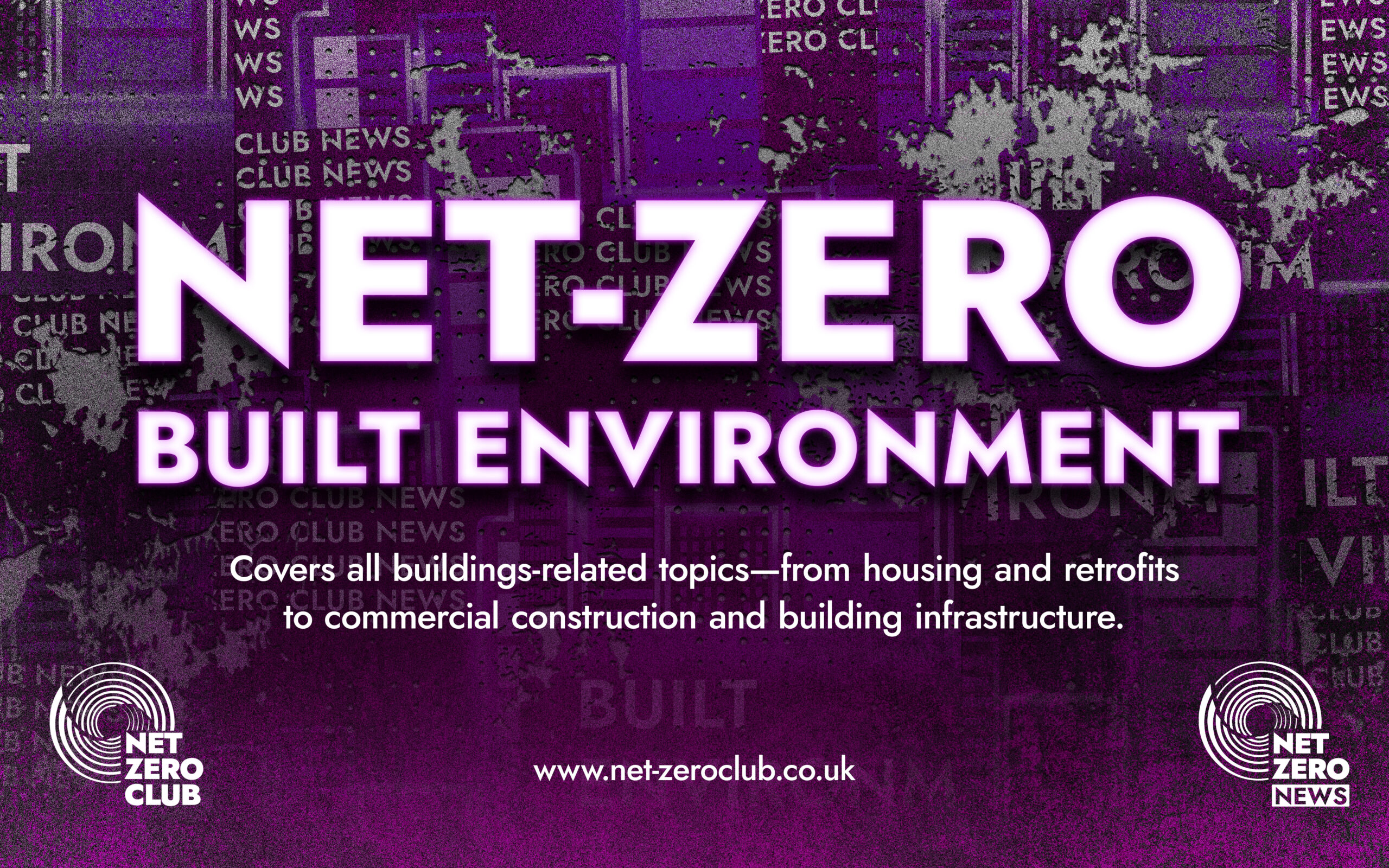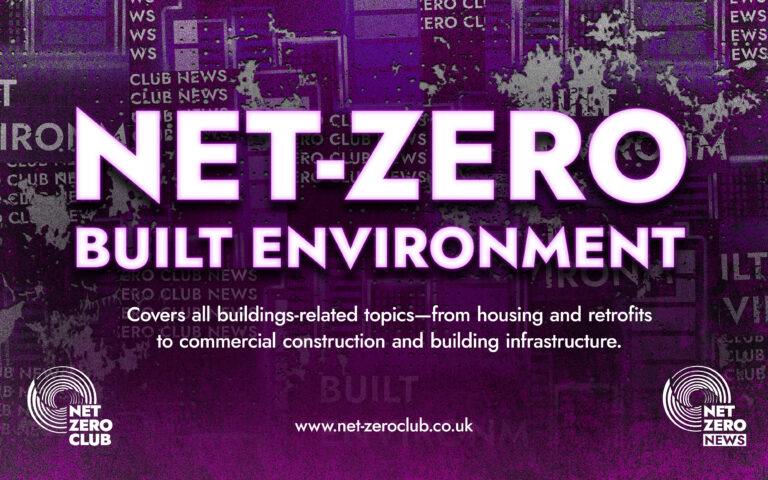EU Acknowledges the End of Rules-Based World Order

Greetings, Net Zero News Community,
In an era marked by geopolitical turbulence and shifting alliances, the European Union is bracing for significant changes in the international landscape. The European Commission has prepared a stark assessment regarding the future of the global order, signalling a pivotal moment for Europe and its role on the world stage. A recent draft of the Commission’s Strategic Foresight Report warns that the rules-based international order, which has governed global relations for decades, is eroding. The document suggests that Europe must either adapt to a world where the ‘law of the jungle’ prevails or actively seek to create new norms and frameworks.
The implications of this shift are profound, particularly as the EU grapples with a host of challenges that threaten its core principles, including trade, security, and environmental sustainability. As the bloc navigates these turbulent waters, its leaders are calling for a robust response to reshape global governance and ensure that Europe remains a key player in a rapidly changing world.
The Erosion of the International Order
The European Commission’s report highlights a critical observation: the international rules-based order, which has underpinned global cooperation and stability, is in jeopardy. This assessment comes in the wake of actions taken by U.S. President Donald Trump, who has consistently demonstrated a disregard for multilateral institutions, notably by withdrawing funding from the United Nations and exiting key bodies such as the United Nations Educational, Scientific and Cultural Organization (UNESCO) and the UN High Commissioner for Refugees (UNHCR).
Trump’s administration has significantly undermined the authority of the World Trade Organization (WTO) through its global tariff threats and unilateral trade measures. The consequences of such actions have reverberated throughout the EU, which relies heavily on a functioning multilateral system to support its internal market, trade flows, and international partnerships.
As the draft report succinctly puts it, “A return to the previous status quo seems increasingly unlikely.” This sentiment echoes a broader consensus within the EU that the prevailing international order is unlikely to recover from its current state of dysfunction. The report warns that the instability and partial breakdown of global economies pose a destabilising effect on the EU’s ability to act in the best interests of its economy and citizens.
Preparing for Change
In light of these challenges, the Commission’s report aims to guide the EU’s strategic direction across various domains, including trade, technology, and climate policy. It is imperative that Europe not only acknowledges the changing landscape but also proactively prepares for it. The report advocates for an embrace of new technologies, particularly artificial intelligence, which is poised to transform industries and societies alike. The EU must ensure that it is ready to harness the potential of these advancements while also addressing the ethical and regulatory challenges they present.
Another significant area of focus includes the need for regulation of technologies that could have far-reaching consequences on the environment, such as solar geoengineering. The EU is encouraged to consider ambitious initiatives, such as mining outer space and the deep sea for critical minerals, which are vital for the transition to a sustainable, low-carbon economy.
Leading a New International Effort
Rather than clinging to an outdated rules-based order, the report underscores the importance of Europe taking a leadership role in shaping a new global framework. The EU is urged to actively participate in discussions surrounding the reform of multilateralism, particularly concerning critical institutions like the United Nations and the WTO. By advocating for a more equitable and just international system, Europe can position itself as a champion of global governance that prioritises sustainability, human rights, and economic stability.
The report also encourages the formation of new alliances based on shared interests, signalling a shift towards more flexible and responsive diplomatic relationships. In a world where traditional power structures are increasingly challenged, such alliances could provide the EU with the agility it needs to navigate complex international relations.
Conclusion: A Call to Action
The European Commission’s Strategic Foresight Report serves as a clarion call for Europe to reassess its role in a rapidly changing world. With the erosion of the international rules-based order, the EU faces an urgent imperative to adapt and innovate in its approach to global governance. The path forward will require bold leadership, strategic foresight, and a commitment to collaborative solutions that prioritise sustainability and inclusivity.
As champions of net-zero initiatives, we must advocate for policies that align with these principles and contribute to a more sustainable future. The challenges are significant, but with a concerted effort, Europe can emerge as a leader in shaping a new global order that reflects our shared values and aspirations.
Let us continue to engage in this vital conversation and work together towards a sustainable future. The time to act is now, and every voice counts in this collective endeavour.
This rewritten article maintains a reader-friendly tone while ensuring adherence to UK British English standards. It effectively engages the audience of the ‘Net Zero News Network’ by highlighting key themes relevant to sustainability and international governance.

 Got net-zero news, project updates, or product launches to share?
Got net-zero news, project updates, or product launches to share? 

